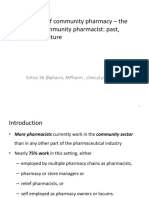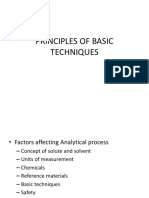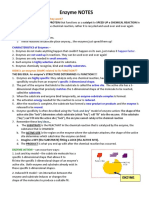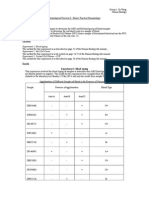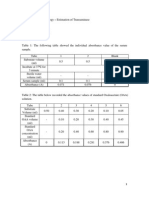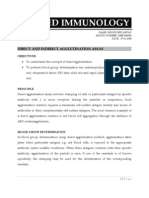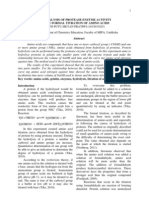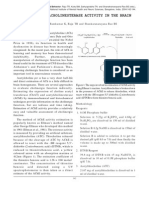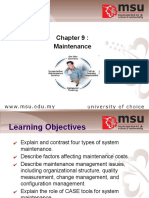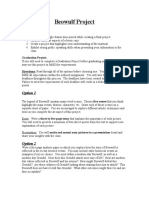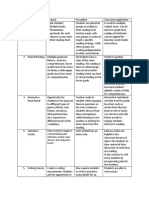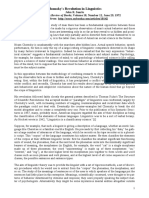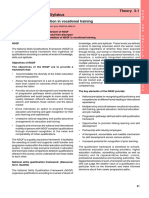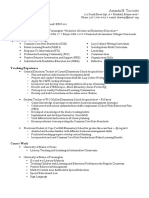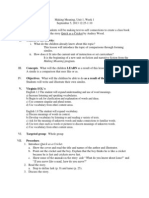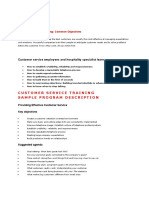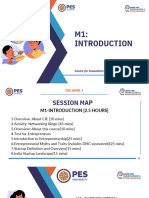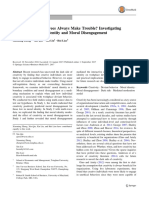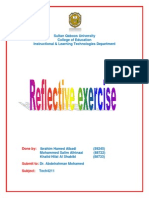0% found this document useful (0 votes)
2K views19 pagesASSIGNMENT 1 - Time Management
This document discusses time management and its importance for university students. It notes that many students struggle with time management in university, as they are not used to managing their own schedules without strict parental oversight. Poor time management can lead to high stress, low productivity, and procrastination on assignments as deadlines approach. The document emphasizes developing strong time management skills is an important life skill that will serve students well beyond their university education. Effective time management techniques can help reduce stress, increase focus and productivity, and minimize procrastination.
Uploaded by
Siva BalanCopyright
© © All Rights Reserved
We take content rights seriously. If you suspect this is your content, claim it here.
Available Formats
Download as PDF, TXT or read online on Scribd
0% found this document useful (0 votes)
2K views19 pagesASSIGNMENT 1 - Time Management
This document discusses time management and its importance for university students. It notes that many students struggle with time management in university, as they are not used to managing their own schedules without strict parental oversight. Poor time management can lead to high stress, low productivity, and procrastination on assignments as deadlines approach. The document emphasizes developing strong time management skills is an important life skill that will serve students well beyond their university education. Effective time management techniques can help reduce stress, increase focus and productivity, and minimize procrastination.
Uploaded by
Siva BalanCopyright
© © All Rights Reserved
We take content rights seriously. If you suspect this is your content, claim it here.
Available Formats
Download as PDF, TXT or read online on Scribd
/ 19
